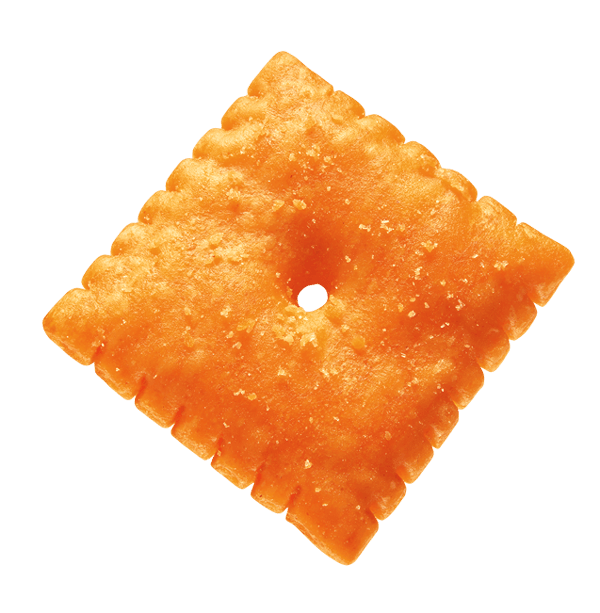While the rest of the world burns, Cheez-Its soar
Acquisition talks have Kellanova’s stock up today, but dealmakers don’t love negotiating when markets are unstable.
On a day when pretty much every stock in the market is down, you just cannot stop Cheez-Its.
Shares of Kellanova, the company that makes Cheez-Its and other snacks like Pringles, are up 13% while the rest of the world is in the red. That’s because Mars, the family-owned maker of candy like M&M's and Snickers, has apparently figured out what we recently reported: everybody loves Cheez-Its.
We jest, but reports surfaced over the weekend that Mars is in late-stage talks to buy Kellanova, which is the reason the stock is up today. If the two companies strike a deal, it would be one of the biggest in packaged-food history.
That said, it’s really hard to make deals when valuations are whipsawing like crazy.
It’s often the case that when you see two well-known news organizations reporting on merger talks on a Sunday, the deal gets announced Monday morning. But dealmakers very much prefer to have some certainty in the markets when they’re agreeing to a purchase price, especially for a take-private the size of Kellanova, which could fetch around $30 billion.
When stocks around the world are moving like they are today, nobody knows what anything’s worth. That’s probably why you’re only seeing a low double-digits percentage premium baked into Kellanova trading right now, compared to a more typical one-third premium for M&A deals. (When Mars bought pet-care company VCA in 2017, for example, it paid a 31% premium.)

